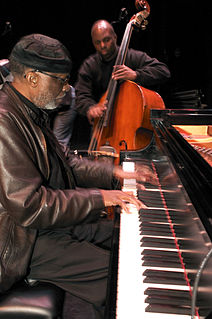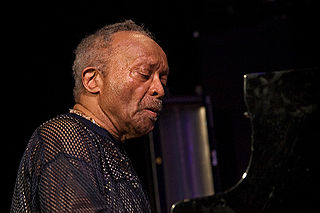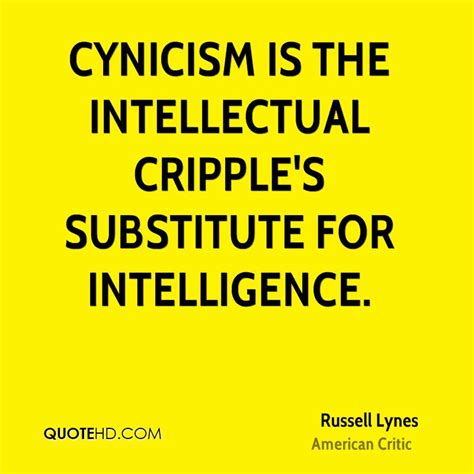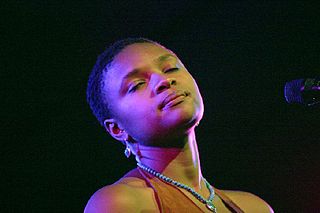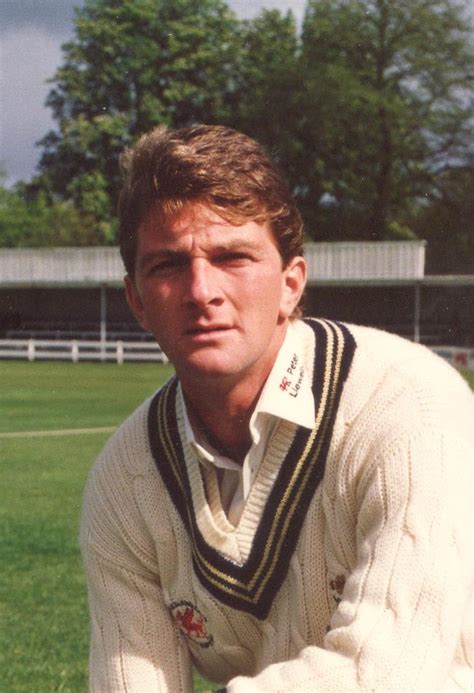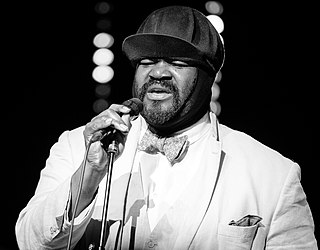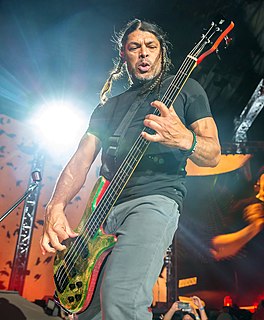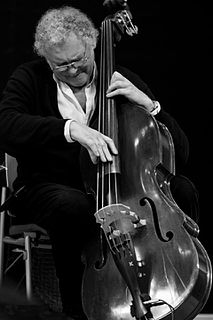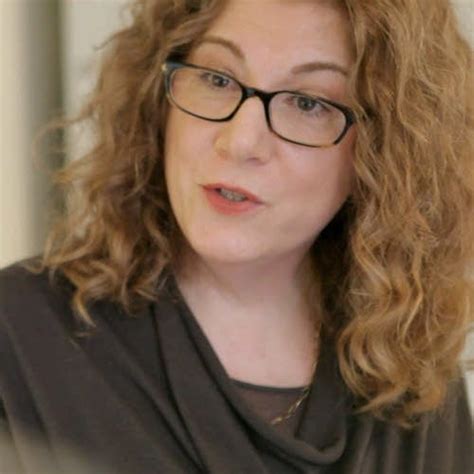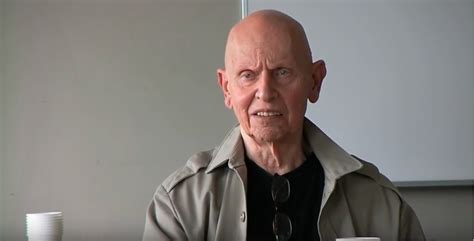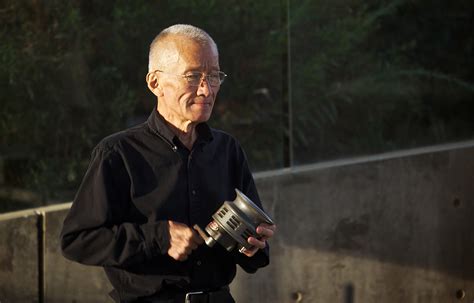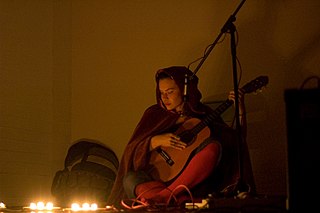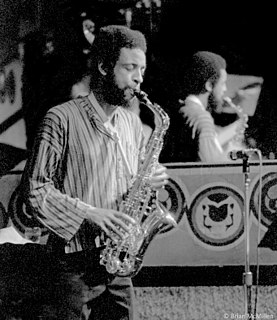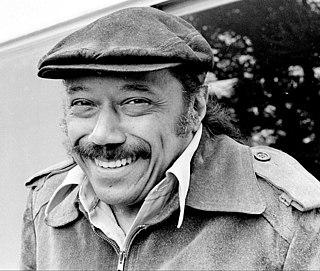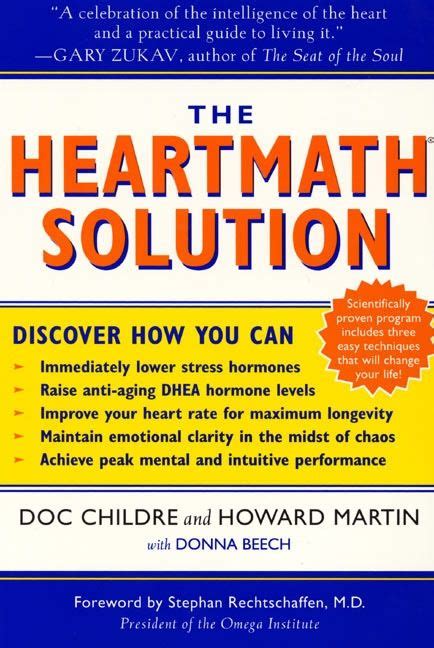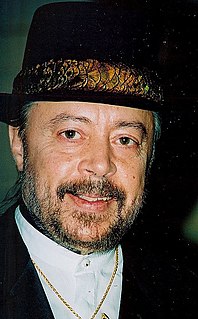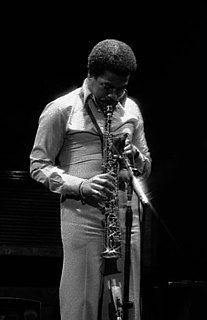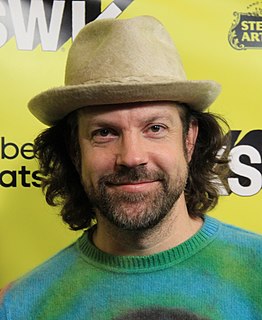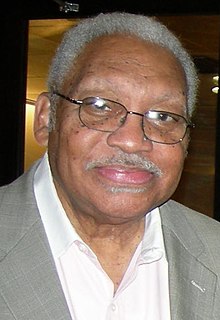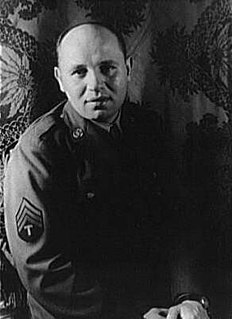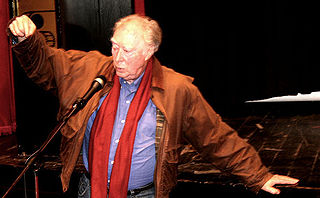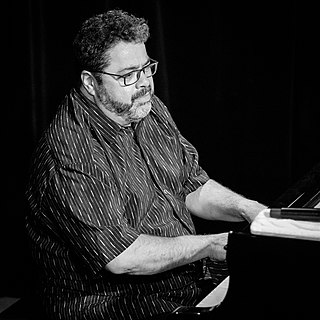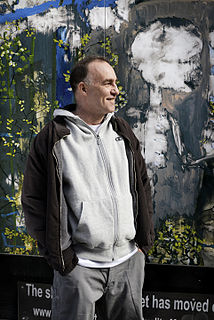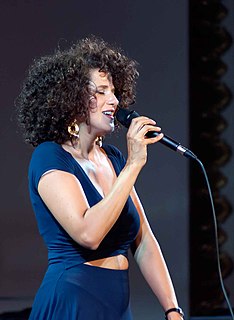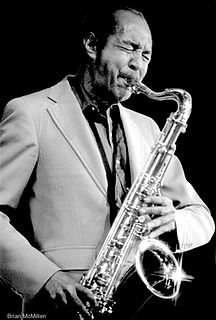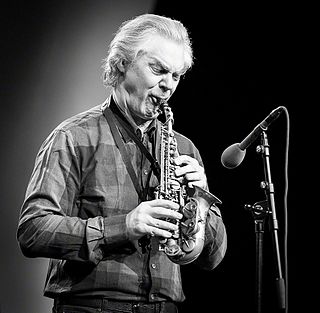Top 1200 Jazz Improvisation Quotes & Sayings
Explore popular Jazz Improvisation quotes.
Last updated on April 18, 2025.
I used to think that running an organization was equivalent to conducting a symphony orchestra. But I don't think that's quite it; it's more like jazz. There is more improvisation. Someone once wrote that the sound of surprise is jazz, and if there's any one thing that we must try to get used to in this world, it's surprise and the unexpected. Truly, we are living in world where the only thing that's constant is change.
I think of myself as a jazz player, and my music as a natural extension of the jazz tradition. What I'm doing is completely free improvisation ('composing in real time') with nothing predetermined. I've had a lot of experience playing many different kinds of music and several different instruments, and since I tend not to waste anything, it all shows up somewhere in the music I'm playing now.
Improvisation was the blood and bone of jazz, and in the classic, New Orleans jazz it was collective improvisation in which each performer, seemingly going his own melodic way, played in harmony, dissonance, or counterpoint with the improvisations of his colleagues. Quite unlike ragtime, which was written down in many cases by its composers and could be repeated note for note (if not expression for expression) by others, jazz was a performer's not a composer's art.
We don't live in a jazz world, unfortunately. I think if I had lived in a jazz world, I would have done OK. I'm not sure I would have done great. I'm a lover of jazz music, so I would have been happy, don't get me wrong. I go to jazz concerts like the biggest jazz fan in world. The drag is that I don't play jazz for a living.
In some ways, jazz is the most precise of art forms and the loosest in the sense that it's all about improvisation, but the musicianship required is kind of insane. To actually play with real jazz musicians is a different level of musicianship that almost has no equal in any other form of music in the world.
One interesting thing about jazz, or art in general, but jazz especially is such an individual art form in the sense that improvisation is such a big part of it, so it feels like it should be less soldiers in an army and more like free spirits melding. And yet, big band jazz has a real military side to it.
That's what it is-it's jazz. It's just jazz. That's what the whole thing is about to me. It's about what's happening right now in this context. This conversation is jazz to a certain extent. It's improvisation. What appeals to me about music is the improvization. That's what I don't like about the media-they're not living it.
Most of the musicians that I'm playing with now have jazz backgrounds, so they're comfortable with improvisation. And they all know to make eye contact with me, and I'll give them some kind of sign when I think that the song's ending. Or maybe I don't even have to, because they all sort of feel it at the same time.
I may be prejudiced, but I believe that jazz music has the strongest healing potential, and it's not just because I play it and love it so much. I feel that it's the improvisation in jazz that makes it so strong as a healing tool, what each individual gives to a tune from their heart and their soul when they take a solo. It's all spontaneous, and it's all love, and from the heart.
Jazz is an endless source of ideas, because you can use anything. You can play operatic arias. You can incorporate them into jazz. You can play gypsy music and incorporate it into jazz. You can European classical and you can incorporate it into jazz. You can use anything and jazz it up, as they used to say.
I love jazz. So to me, there are two main types of jazz. There's dancing jazz, and then there's listening jazz. Listening jazz is like Thelonius Monk or John Coltrane, where it's a listening experience. So that's what I like; I like to make stuff that you listen to. It's not really meant to get you up; it's meant to get your mind focused. That's why you sit and listen to jazz. You dance to big band or whatever, but for the most part, you sit and listen to jazz. I think it comes from that aesthetic, trying to take that jazz listening experience and put it on hip-hop.
Business today is all about improvisation, which is the essence of jazz. Perhaps in the past we could just follow the operating manual and do what we were told, but today the world is too complex and fast. Today it's all about real-time innovation and creativity. Individuals may get hired based on their resumes, but they'll get promoted and reach their dreams based on their ability to create. In that context, being a jazz musician was the best MBA I could have ever received.

